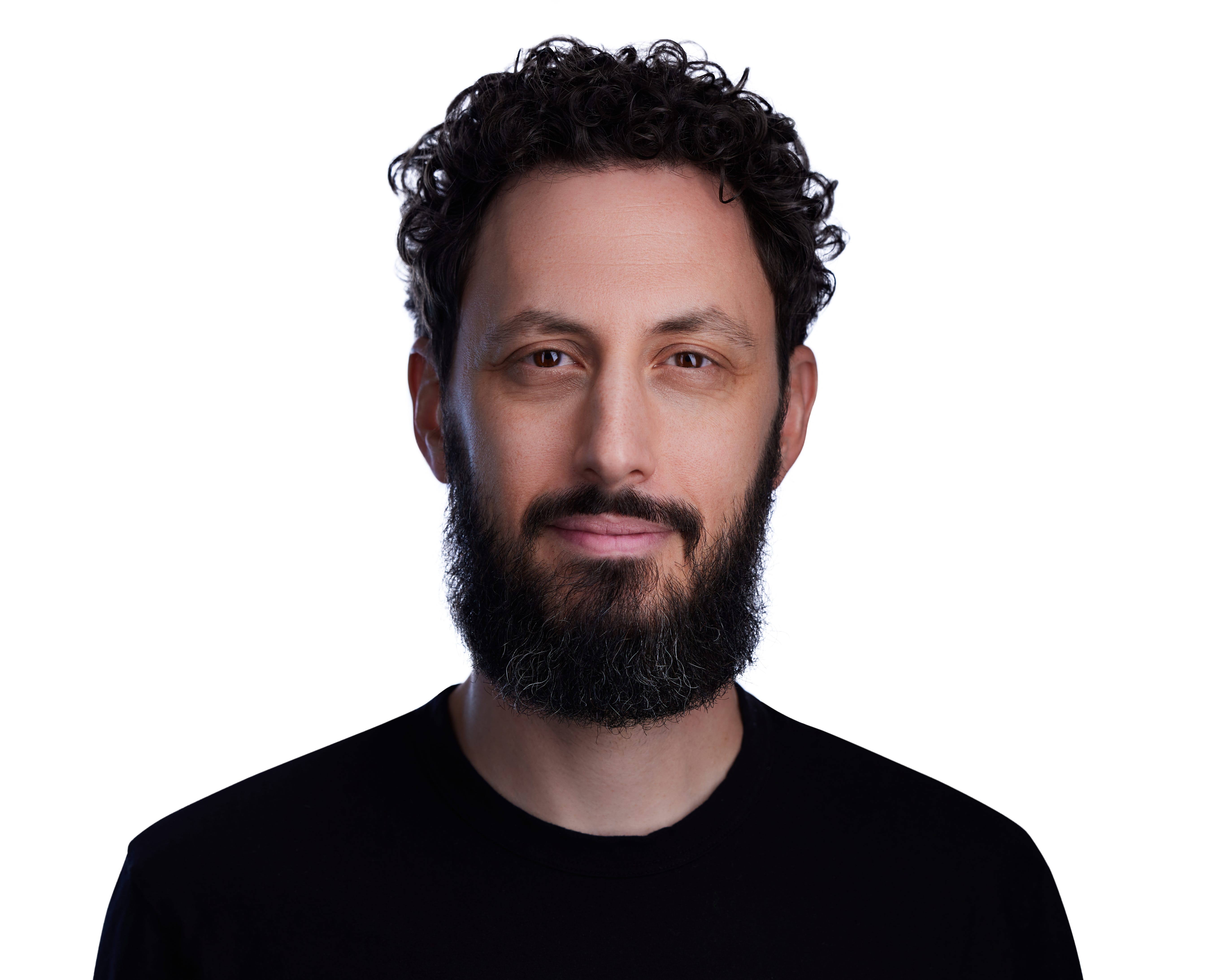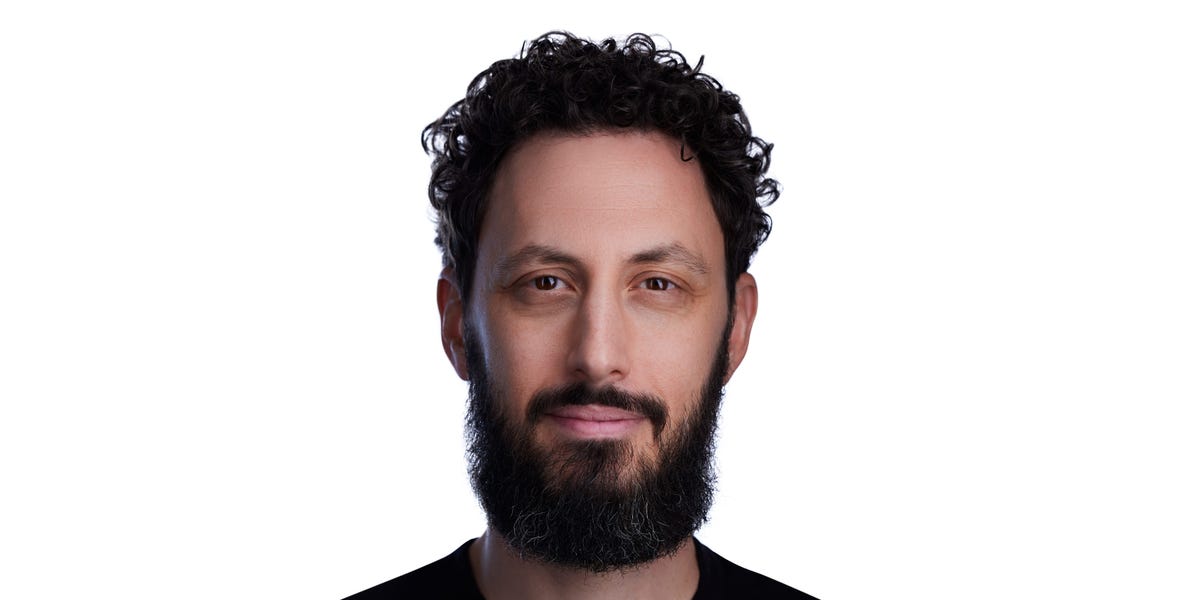
Hiro AI
- Ethan Bloch, who founded Digit, says his entrepreneurial journey began when he was 13.
- Hiro, Bloch’s latest venture, is focused on financial planning.
- Hiro is leveraging large language models for his latest endeavor, which is his 15th project.
This is an as-told-to conversation with Ethan Bloch, the founder and CEO of Digit. He has just launched his 15th project, a financial planning platform called Hiro. It has been condensed and edited for clarity.
I didn’t even hear the word or know what entrepreneurship meant until I went to college, but I started my first real business at the age of 13.
You could call it a project.
I imported electronics from China, specifically PlayStation controllers and memory cards. I created a website called Blochardware, after my last name. In 1998, it was an early e-commerce store, before people commonly paid online with credit cards, and actually, it was a real pain.
We sold everything on a cash-on-delivery basis, which meant a mail carrier would show up at a customer’s house with the product, collect a money order, and then mail the money order back to me.
Even before that, though, I was that kid who thought finance software was fun. At 10 years old, I was playing with Quicken for entertainment and writing pretend checks.
The entrepreneurial bug
My dad is an immigrant from the Soviet Union. He came to America in the ’70s. My mom’s family has been here longer, also from Eastern Europe. My dad was an entrepreneur. He ran a secondhand clothing business, and my mom later started her own company. That was just the way things were in our household.
Growing up around that kind of independence had an influence on me.
I’ve always had this innate problem — or maybe gift — that I don’t like being told what to do. I want to be the one telling people what to do. That made me a real pain as a student, but when I started businesses and projects, it was like the world opened up. I could create whatever I wanted and help people however I wanted. It was a natural fit.
Hiro is my 15th endeavor. I don’t want to say dream, but it’s been an idea I wanted to materialize for years.
What is Hiro?
In Orson Scott Card’s science fiction series, “Ender’s Game,” there’s a character named Jane — an AI — who helps the main character, Ender, file his taxes. Ender is someone who’s saved the world, but he can’t figure out how to do something as mundane as that, and Jane helps him.
When I first read the series, I thought, “Everyone should have a Jane.”
That was years and years ago, but the idea stuck with me. I didn’t know how it would happen.
My previous company, Digit, was an attempt at making that happen. We built it to create a financial guide that would give everyone access to the kind of help usually reserved for the wealthy. What we ultimately unlocked was automated savings — and it worked. We helped millions of people save billions of dollars, but the conversational, guiding element we envisioned just wasn’t possible yet.
And then ChatGPT came out.
This kind of technology had never existed before, and suddenly it could do things that seemed almost magical. The pairing of a large language model — which happens to be exceptionally good at financial math — with a rigorous, verifiable financial planning engine can unlock truly sophisticated financial planning for anyone who wants to think seriously about their financial future.
Hiro is geared toward the mass affluent customer, who is earning somewhere in the top 30% of their geographical area.
When a user signs up, they go through a short conversation that builds their financial plan. You can test scenarios — like, “What if my income changes?” — and Hiro instantly shows you how that affects your net worth and financial independence timeline. You can open the math, see exactly what’s happening, and verify it.
Under the surface, Hiro has a full financial-planning and tax engine. You can dig into the details if you want, but most people just talk to it — ask questions, try different scenarios, and explore. We’ve also added starter prompts for things like financial independence, life changes, and home buying.
Trying and failing and trying again are key to success
When you’re an entrepreneur, the most important way to win is to get in the reps. The notion that this is going to be the one, especially when it’s your first one, is not the type of pressure you should put on yourself.
Do things because you like to, because you’re interested, because you’re curious. My first 13 companies all went to zero. Then I sold Flowtown for $4.5 million. And I just sold Digit for over $230 million.
Here’s a timeline of every project I’ve ever undertaken.
1996: Sold computer video game on Ebay.1998: Equities day trader during telecom and internet boom.1998: Launched Blochardware, an e-commerce store selling Playstation, and later, Dreamcast accessories. 2000: Launched an IT services business. 2002: Launched Comtop, a foldable mobile computer. 2004: Launched EMB Networks, for ultra wide-band internet access. 2005: Launched PureHealth, a children’s charity. 2005: Launched Parlor Room, for online poker and other skill-based game competitions to win money. 2006: Launched OpenSermo, an internet news network. 2008: Launched Financial Fuzz, a social network focused on financial news. 2008: Launched WSYK, an early Youtube/iTunes vlogger focused on current events.2008: Launched “The Way To Build Wealth,” a video podcast focused on educating viewers on the basics of investing.2009: Launched Flowtown, b2b SaaS focused on helping small businesses connect with customers on social media. It was acquired by Demandforce for $4.5 million. 2013: Launched Digit, for algorithmic savings, which helped consumers save $9 billion. It was acquired by Oportun for $238 million.2023: Launched Hiro: AI financial planner.
Read the original article on Business Insider
The post I’m a serial founder who’s launched 15 projects, including Digit. The secret is getting in the reps and not being afraid to fail. appeared first on Business Insider.


